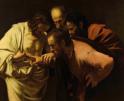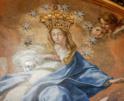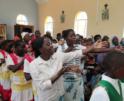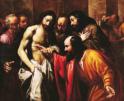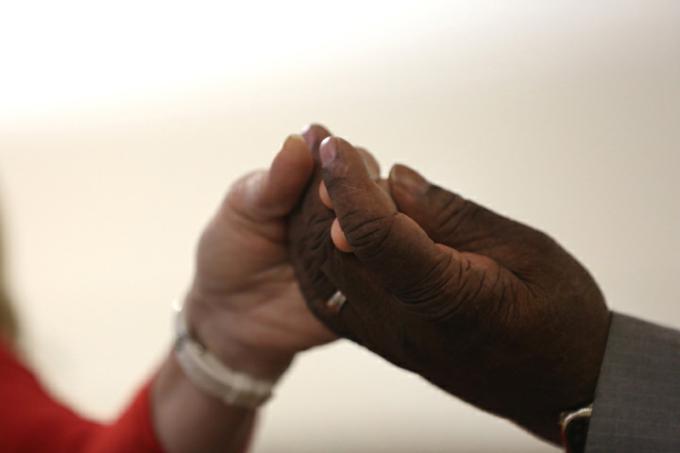
Faith
In some parishes, congregations tend to hold one another's hands during the Lord's Prayer, although there is no direction in the rubrics to do so. That gesture does show the unity of the congregation, but it can also create some uncertainty.
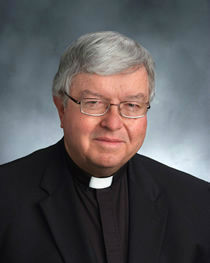
Doyle
Q. What is the proper prayer position for the laity when praying the Our Father at Mass? (Richmond, Virginia)
A. The directions on this from the website of the U.S. Conference of Catholic Bishops are remarkably concise. They say: "No position is prescribed in the Roman Missal for an assembly gesture during the Lord's Prayer."
The celebrating priest, on the other hand, is instructed that he should maintain the "orans" position, with his hands outstretched to the side in prayer.
I have always found a certain inconsistency in this: At certain other times in the Mass, the priest is praying on behalf of the congregation -- especially during the eucharistic prayer. But with the Our Father, the priest is praying along with the faithful, saying the same words as the rest of the congregation.
In some parishes, congregations tend to hold one another's hands during the Lord's Prayer, although there is no direction in the rubrics to do so. That gesture does show the unity of the congregation, but it can also create some uncertainty.
Some people just don't feel comfortable holding hands -- especially during the current COVID-19 crisis -- and they shouldn't feel compelled to do so.
My approach on this is to let congregations do what they want, so long as they don't "force" the issue. Perhaps someday the rubrics will be more specific, but for now I think it best for people to do whatever they sense is appropriate. (And meanwhile, I don't really think that God has a preference.)
Q. For a person who has not been to church or to confession for several years but receives the sacrament of extreme unction before she dies, would that take away mortal sins? (Cedar Rapids, Iowa)
A. I would say that it depends. If the dying person is no longer able to confess, the sacrament of the anointing of the sick (formerly referred to as extreme unction) would take away mortal sin -- provided the person has the sorrow for sin that would be required for the worthy reception of the sacrament of penance ("imperfect contrition," or sorrow for sin for a lesser motive than pure love of God -- for example, because of the fear of divine punishment.)
This sacrament is meant to give the sick person the courage and sense of peace to deal with serious illness; but also, as the website of the Archdiocese of St. Paul and Minneapolis says: "A sick person's sins are forgiven if he or she was not able to go to confession prior to the celebration of the sacrament of the anointing of the sick."
Of course, if the sick person is conscious and alert, the ministering priest should always first offer the opportunity of going to confession.
- Father Kenneth Doyle is a columnist for Catholic News Service
Recent articles in the Faith & Family section
-
Wounds, not scarsJaymie Stuart Wolfe
-
A special collection in the liturgy libraryFather Robert M. O'Grady
-
Witness to a Transfiguration in KenyaMichele Miers
-
Understanding the ScripturesScott Hahn
-
'Cabrini' does extraordinary job of bringing saint to lifeBishop Nicholas DiMarzio

